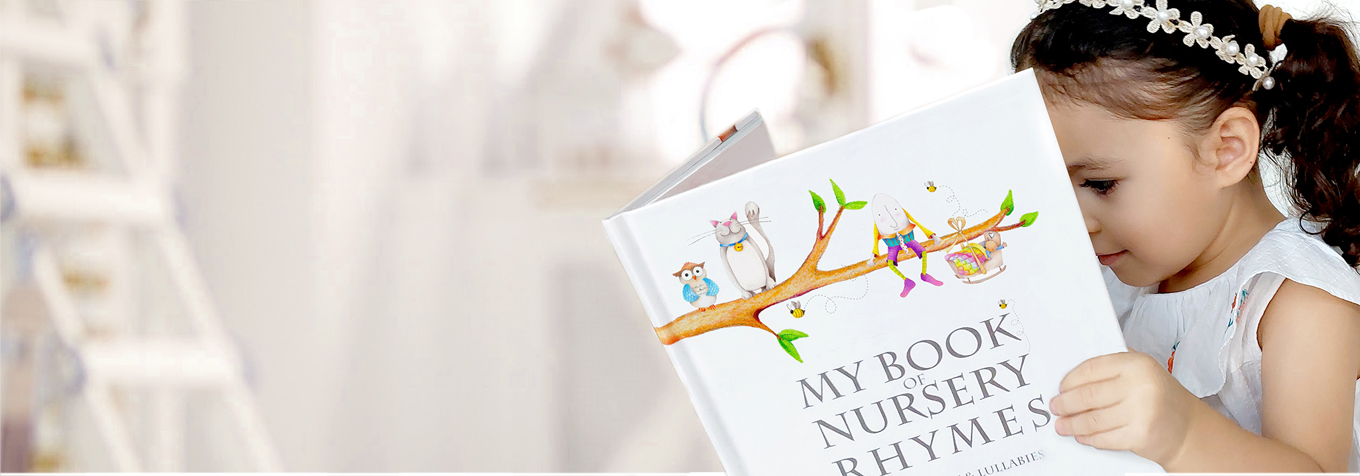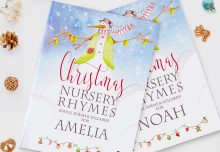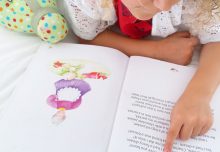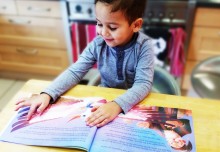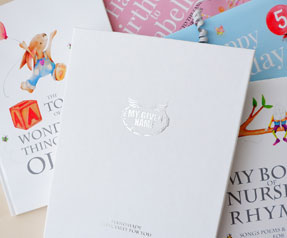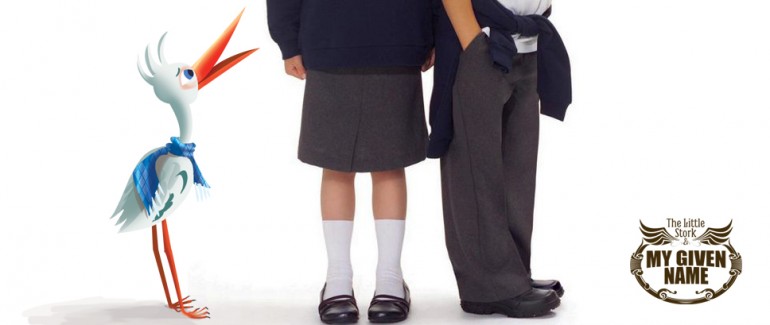
Maybe your own child is about to start nursery school for the first time or has a potentially stressful experience ahead of them?
How can we as parents influence their feelings and help them transition to feel more at ease? How do we equip them better for life experiences and social interaction ahead?
Some ten years ago before I even had the idea for The Little Stork & My Given Name story book, I was studying to become a life coach. After many years in the corporate world, I became a little disillusioned with the daily cut and thrust of everything profit related. I wanted something a little more fulfilling.
It was during this time that I became very interested in understanding how my own early years might have influenced my own path – my own life script or life story. I became interested in understanding more about how I may have interpreted my early life experiences and what effect that had on my life today. I started to read books by authors such as Eric Berne who developed the branch of therapy known as Transactional Analysis (TA). TA therapy began to explore how children accepted messages from parents, or other adults, to form their own life story that would then form the basis of their future behaviour and relationships with others – their own future mental health. This has since been adapted and developed by more modern forms of therapy such as Cognitive Behavioural Therapy (CBT) which has close links to TA. The common thread of these therapies is that your adult behaviour is influenced by the transactions, experiences and stimuli you received in your early years and throughout your childhood.
As infants we are conditioned by survival to accept the messages of our parents and other adult carers and teachers. If we are told not to touch something that is very hot or dangerous, then of course we accept it unconditionally. We also accept so many other things we are told, or that we hear being said by other adults in our early life.
Our own language helps to create a child’s story
So given our own young children will accept messages they are given, then do we need to think about what we say to them quite carefully? This is particularly relevant at stressful times for our child.
If we were to sense our toddler might be nervous on their first day of nursery, and we tell the teacher, “Oh Amelia is very shy” – then of course Amelia will accept this label. These kind of labels can stick, particularly if repeated, and can quickly lead to a self-fulfilling prophecy.
Amelia may soon come to accept that she is in fact “a very shy girl”. After all, her mother had told the teacher, and she had repeated this to the nursery assistant, and this had even been repeated by the children sitting next to her. The story that Amelia is shy will soon gather pace until she becomes certain she is shy. Whenever she gets that feeling of being a bit nervous or uncertain of new things, or new people, then she will recognise that feeling and accept that she is a very shy girl. This can then affect her life as she grows and faces new challenges, meets new people or attends new schools and colleges in the future.
Now Ewan was also feeling a little nervous, and his mother told him that it was, “normal to feel a little nervous on your first day”. She told the nursery teacher that Ewan, “makes new friends very easily once he has taken his own time to settle in”. Ewan accepted that he makes new friends easily and accepted that his feelings were normal.
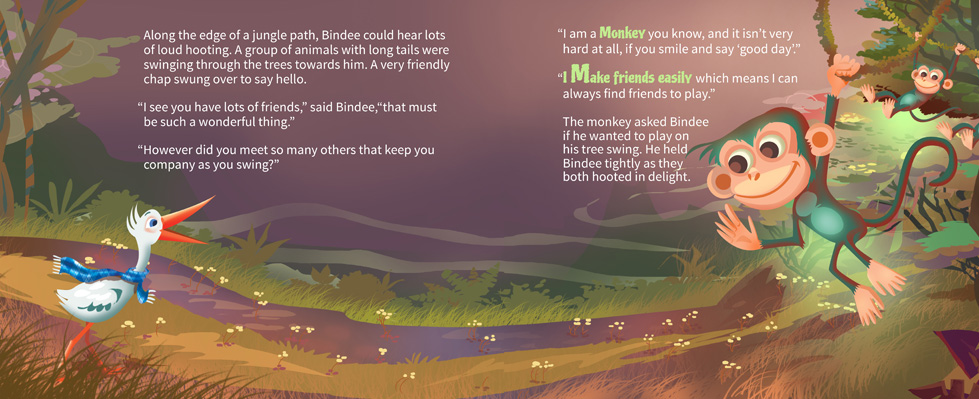
An “M” character from the book
My time spent in life coaching was often time spent re-authoring a story that a client had developed about themselves. Of course these stories were not truths – they were simply stories that the client has picked up from an early age (like Amelia who thinks she is shy). In fact, one of my clients needed confidence building because she was unable to deliver presentations to her board without getting nervous and shutting down. She became very red faced, was very aware of her blushing, and eventually completely lost her words. She told me she had always been very shy in meetings and in public speaking right through her early life and this had just become more pronounced.
Some of the stories that were believed by my clients as factual, were really incredible, and so far removed from reality.
The power of a positive story
Story books have always been a great way to introduce a child to themes of facing fears or overcoming challenges. If the story is fun and enjoyable, then the messages can be locked away within the child, even at a subconscious level and have a positive affect without them even realising. My Given Name was created with a very simple concept – positive messages about the child’s own name. A child’s own given name is very special to them. It forms part of their own identity and self-image. So should we start by creating some very positive messages about this? It just sounded common sense to me. This forms the very simple basis of the concept for this book and for the positive messages and affirmations contained within the pages.
So let’s have a quick look at some of the messages within our fictional nursery starter AMELIA and her own personalised book;
Maybe she will meet;
An Anteater that says “you can Achieve anything with hard work”
A Monkey who says “I Make friends easily”
An Elephant who says “Every problem has an answer”
A Lion who says “I am Lovable”
An Indian Tiger who says “I can do it”
An Aardvark who says “I am Adorable”
You can “shake up” your book to find new animals and new positive messages where they exist within the library which is growing all the time.
So I really hope you do consider your use of positive messages around your little ones. Their confidence and self-esteem is their own passport to a lifetime of good mental health, relationship success and general social happiness.
I found lots of great reading material available from Supernanny and lots of good CBT books you can find on Amazon related specifically to children’s development.

